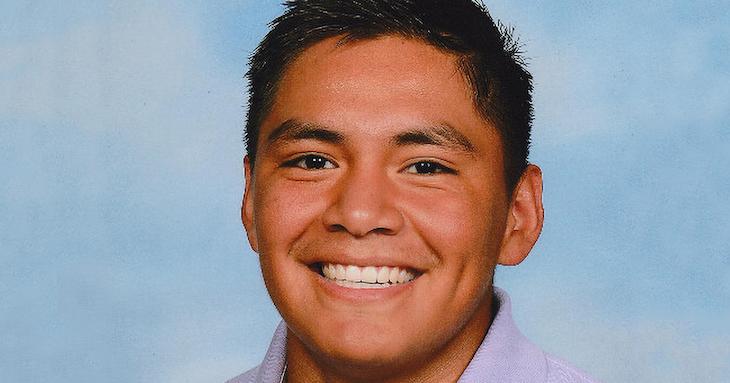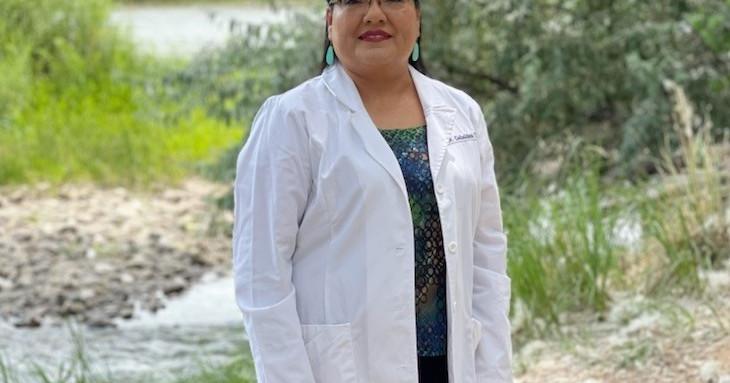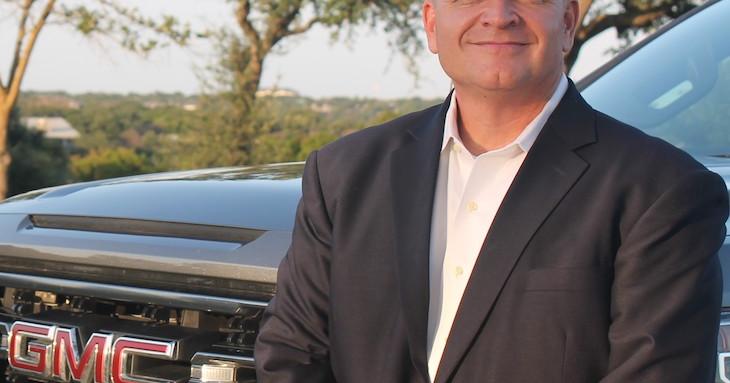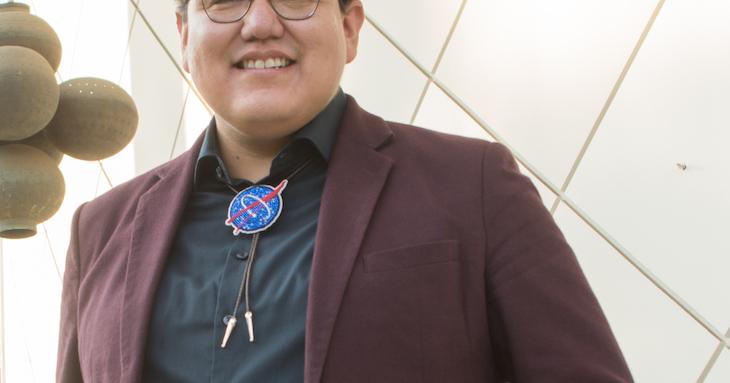-
How to Take Control of Your Future During College
College is a time for you to explore, try new things, and learn more about yourself. Over the course of four years, you may find that your interests change, your goals look different, and your future isn’t necessarily what you thought it would be. Four years pass quickly, so use this time wisely to set yourself up for the future. Here are a few ways to do just that.
-
Blocking Out the Noise: How to Prevail in a Negative Workplace
A negative workplace can become quite challenging. Whether you don’t like your boss, are having trouble with your colleagues, or feel unsupported by the organization as a whole, a negative workplace can make going to work a chore. The good news is that there are ways to prevail in a negative workplace. Here are a few to help you get started.
-
Jacob Belin | Navajo Nation | Stellantis
Mechanical engineer Jacob Belin enjoys understanding how things work. He’s discovered he also likes being part of a team that looks for innovative ways to create new solutions. Even though he’s just 24, Belin is a propulsion systems engineer for Stellantis, a leading global automaker whose brands include Chrysler, Dodge, Fiat, Jeep, Opel, and Ram. So far, his path has included some trial and error and conscious effort — with a little help from AISES summer internships.
-
Dr. Denise Gabaldon-Thronas | Ohkay Owingeh/Taos Pueblo | Naprapathic Medicine
Growing up in the Ohkay Owingeh Pueblo in New Mexico, Dr. Denise GabaldonThronas saw family members and friends struggling with a range of ailments from diabetes to cancer, and was determined to choose a career that would allow her to help them.
The first from her family to attend college, she focused on biochemistry at New Mexico State University, hoping to apply her degree in some aspect of health care. “I was initially interested in pharmaceuticals for curing disease,” she says, “but that was problematic because of our cultural beliefs in healing.”
-
10 Native STEM Enterprises to Watch
Facing a Post-COVID Future
What do Indigenous entrepreneurs see coming? -
Tobin Beal | Executive Excellence Awardee | Choctaw Nation
When Tobin Beal was living in China and working as the CIO for General Motors (GM), he had an extraordinarily long to-do list. Among many other tasks, Beal was charged with developing information technology strategies and sales and marketing solutions to support the automaker’s success in a vital market and with its many joint venture partnerships with Chinese companies.
-
Leona Anderson | Blazing Flame Awardee | Cherokee Nation
When Leona Anderson was a young girl in Los Angeles, she knew she was part Native American, as her father always told her this. Her father was born and raised in Broken Arrow, Okla., and he would visit his hometown for a month each summer and visit the Cherokee Nation in Bixby, Okla., to spend time with his sister. Her father’s visit was about reconnecting with his sister, but it was also about providing her with much needed assistance. “My dad would help her with projects around her house and garden,” says Anderson, this year’s winner of the Blazing Flame Award.
-
Dr. Josiah Hester | Most Promising Engineer or Scientist Awardee | Native Hawaiian
Long before Dr. Josiah Hester became a tenure track professor in Northwestern University’s Departments of Electrical and Computer Engineering and Computer Science, his parents taught him to understand the connection between computing and a secure life. “My parents saw that computing generally is your ticket,” says Dr. Hester, Native Hawaiian (Kānaka maoli), who remembers how his mom and dad started him learning the Java programing language.
-
Deb Tewa | Indigenous Excellence Awardee | Hopi
These days, any discussion of electricity inevitably turns to energy generated by the sun. In fact, according to a recent report by the Solar Energy Industries Association, nearly 60 percent of all new electric generation added in the U.S. during the first quarter of 2021 was solar — and forecasts are that the mainstreaming of solar energy will only accelerate.
-
Aaron Yazzie | Technical Excellence Awardee | Navajo
Aaron Yazzie shares many of the questions a lot of us have about the planet Mars. “Mars was once similar to Earth,” he says. “It once had water and was warmer as an early planet. It developed over billions of years in similar ways to Earth, but the question is, why did Earth develop life and Mars didn’t? Or maybe it did?”












